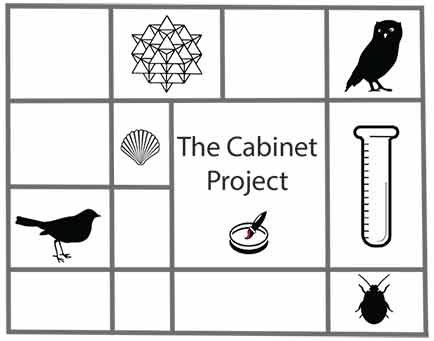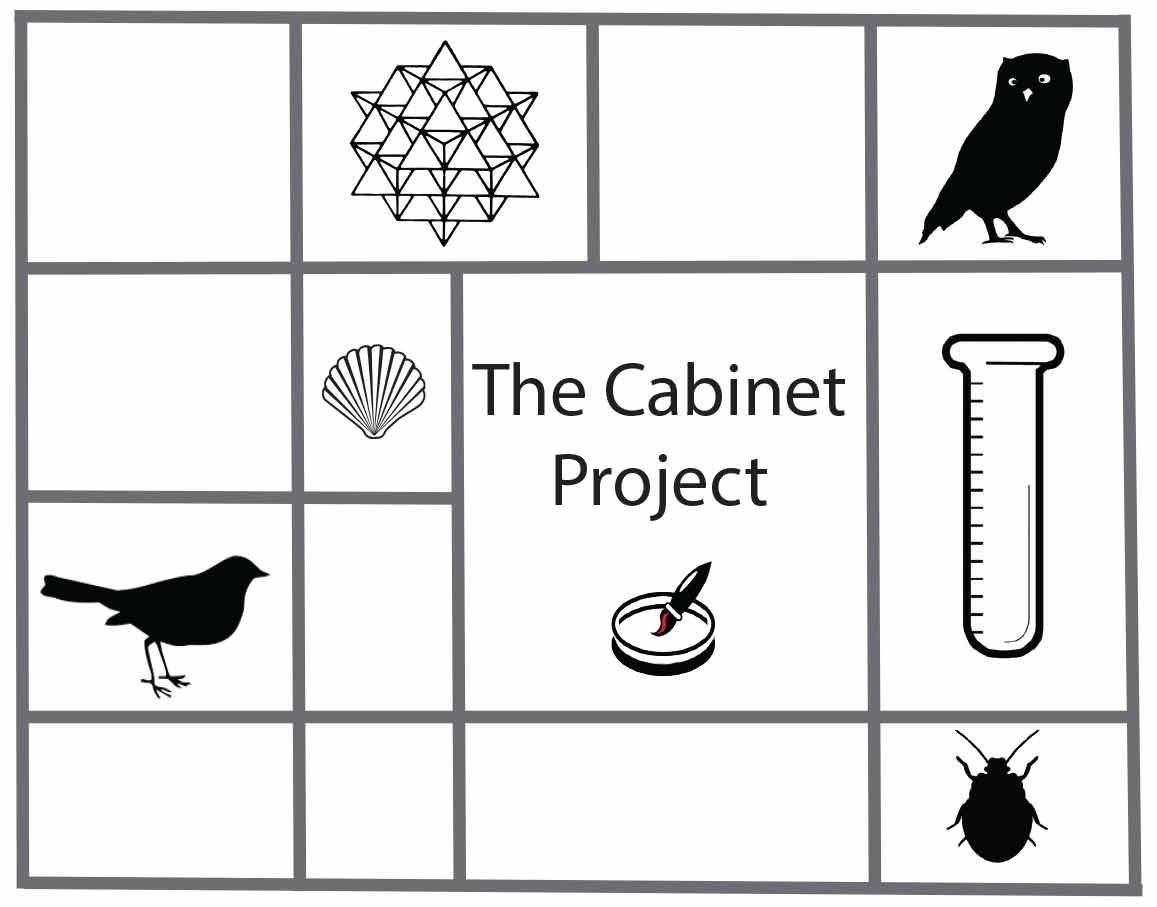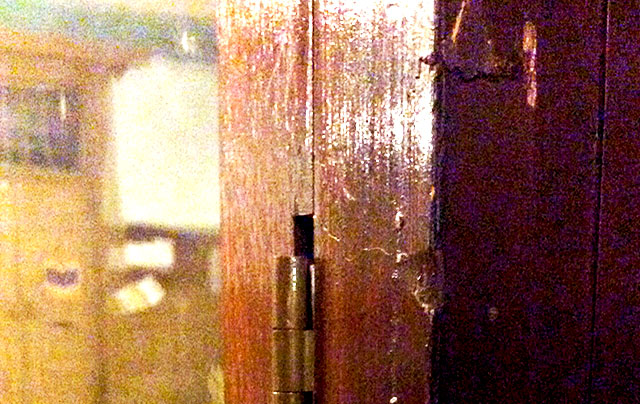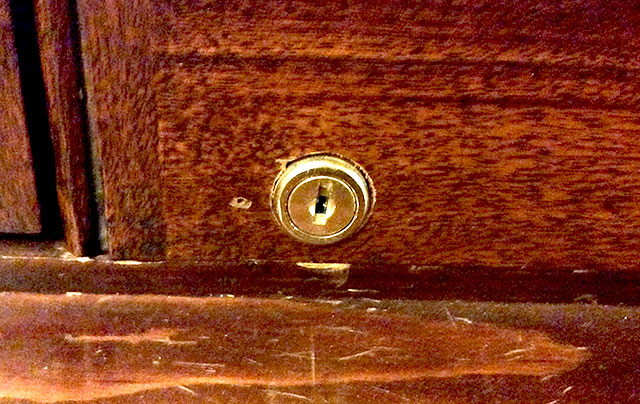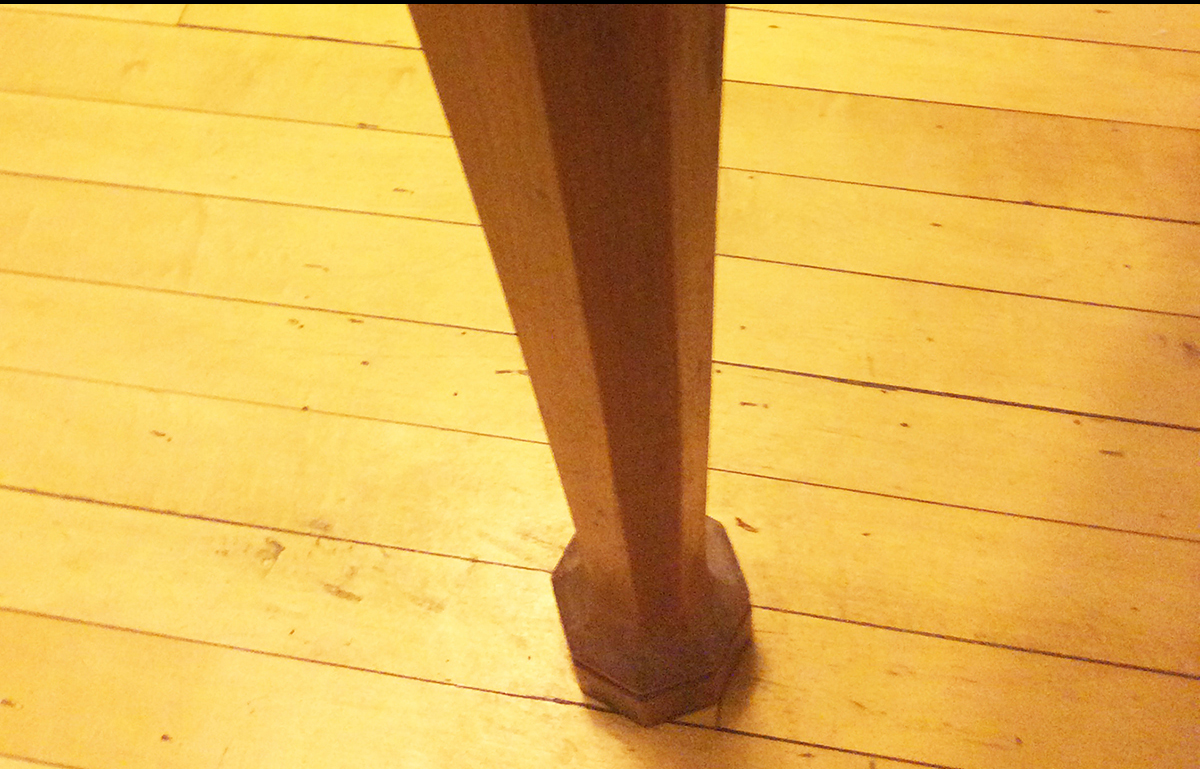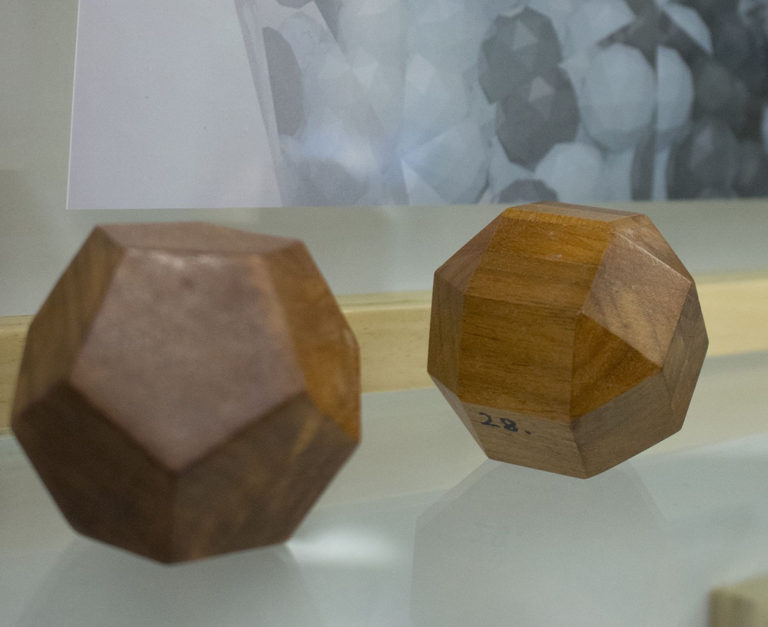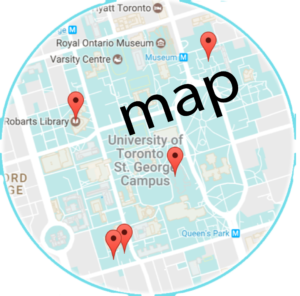Despite being in full sight, many cabinets and showcases at universities and scientific institutions lie empty or underutilized. Located at the entrance of science departments, in proximity of laboratories, or in busy areas of transition, some contain outdated posters, or dusty scientific objects that have been forgotten there for years. Others lie empty, like old furniture on the curb after a move, waiting for a lucky passer-by in need. The ceaseless flow of bodies walking past these cabinets – some running to meetings, some checking their schedule, some immersed in their thoughts – rarely pay attention to them.
The neglect of these cabinets seems to confirm well-established ideas about science institutions as recluse spaces where secrecy reigns, and communication with the outside world is either underappreciated or prohibited. But at a closer look, this is not the case: those seemingly ignored and neglected cabinets have fascinating and compelling stories that speak to their mobility, their past uses and their owners; laboratories in their proximity burst of excitement and boredom, frustration and euphoria, their machineries being constantly fabricated, rethought, dismantled or replaced; in these laboratories, individuals, objects and instruments come to life in complicated ways. These objects, human relations and stories are forming complex ecologies that are very much alive.
The Cabinet project will explore and bring to life historical, anecdotal and imagined stories evoked by scientific objects, their surrounding space and the individuals that inhabit them. The goal is to reflect on, and reverse the stereotypical assumptions about science as inaccessible and secretive, to make the intense creativity existing inside science laboratories visible, and to suggest potential interactions between the sciences and the arts.
We have selected 12 artists and creative individuals to turn 10 cabinets across the University of Toronto into art installations. Interventions will use a variety of media and material. Bioartists, media artists, and visual artists will engage with objects and instruments created in nearby science labs or stored in the UTSIC (University of Toronto Scientific Instruments Collection). the result will be a distributed exhibition featuring dialogues at the intersection of art and science

